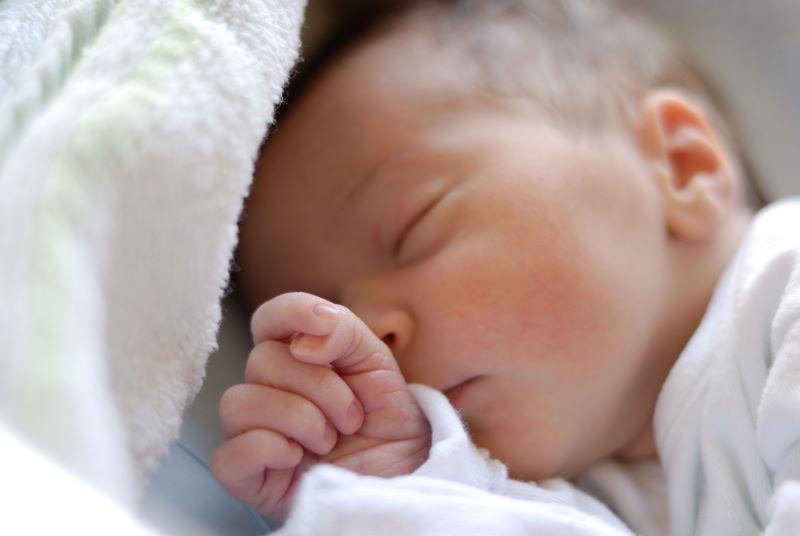Get Healthy!

- Cara Murez
- Posted March 31, 2023
Study Refutes Notion That Method of Delivery Impacts Baby's 'Microbiome'
Despite a longstanding assumption that babies' gut microbiome development could be affected by whether they were born vaginally or through cesarean section, scientists report this doesn't appear to be the case.
A team of Canadian researchers looked to infant stool microbiome composition in the first weeks and months of life to evaluate the theory.
"We show that the composition of the maternal vaginal microbiome does not substantially influence the infant stool microbiome in early life,"said study author Dr. Deborah Money, a professor of obstetrics and gynecology at the University of British Columbia. "It does not appear that exposure to maternal vaginal microbiota at the time of vaginal birth establishes the infant stool microbiome."
To study this, researchers recruited 600 women who were ethnically and socioeconomically diverse from three hospitals across British Columbia, some of whom planned to deliver their babies vaginally and some by C-section.
The investigators collected vaginal swabs from the women before they delivered their babies. They collected infant stool samples within 72 hours of delivery and again 10 days and three months after the babies were born.
The mothers' vaginal microbiome composition did not predict the composition of babies' stool microbiome at 10 days or three months, the authors found.
The findings were published March 30 in the journal Frontiers in Cellular and Infection Microbiology.
"From this study and other follow-up work, we were able to show that transfer of vaginal bacteria to the infant gut is limited, and that the maternal vaginal microbiome is not a large contributor to the bacterial community that develops in a baby's gut after birth,"said co-author Scott Dos Santos, a PhD candidate at the University of Saskatchewan who conducted the lab work and data analysis.
"On the contrary, other maternal sources like breast milk and exposure to the environment likely play a much larger role," he said in a journal news release.
Researchers are now analyzing the breast milk microbiome, to better understand its impact on infants' gut microbiomes.
The study did find statistically significant differences in microbiome composition by mode of delivery at both 10 days and at three months.
But "the differences we found between infants' stool microbiome composition by mode of delivery in early life seemed to be primarily influenced by exposure to antibiotics around the time of birth,"Money said in the release.
The researchers said their assessment of antibiotic use did not counter the finding that the maternal vaginal microbiome is not predictive of infant stool microbiome composition.
"This study underscores the need for robust methods with large enough sample sizes to ensure clinical conclusions drawn from human microbiome studies allow one to control for factors affecting natural variability in human microbiomes across individuals,"Money stressed.
Study limitations included that the authors could not draw conclusions about maternal stool microbiome's influence because they did not collect stool samples from the women in the study.
More information
The U.S. National Human Genome Research Institute has more on the microbiome.
SOURCE: Frontiers in Cellular and Infection Microbiology, news release, March 30, 2023





